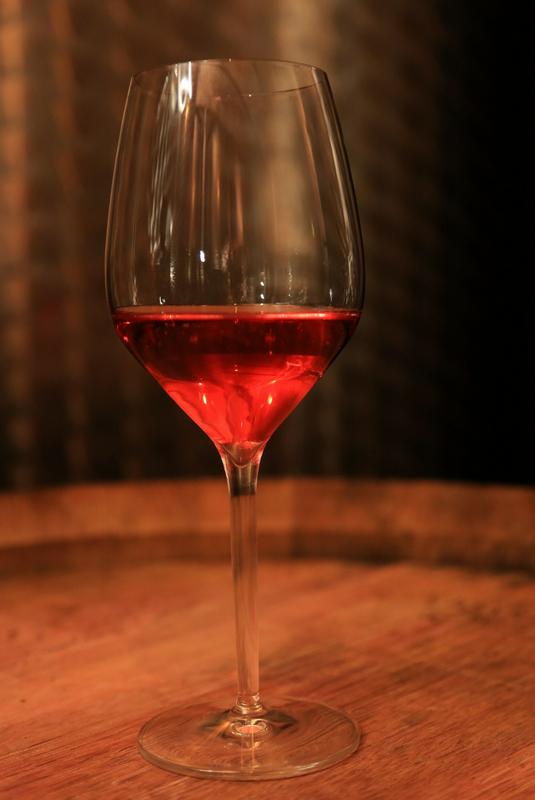
For centuries, the people of Dolenjska had a tradition of making Marwein, a unique local variety that was frequently described by travelers to the region, including the great chronicler and polymath Johann Weikhard von Valvasor, who toured the area in the 17th century.
In the early 19th century, however, a vine aphid known as phylloxera devastated the vines in the Slovenian lands. A number of varieties died off, and local winegrowers responded by creating a new blend of red and white wine from the vines that had managed to withstand the disease. It eventually became known as Cviček.
Unfortunately, the abolition of old wine-growing rules at the time resulted in an uneven quality of the wine. Everyday Cviček, while perfectly drinkable, was often excessively sour and, for the most part, unsuitable for export. Several winegrowers did attempt to produce limited qualities of superior Cviček, but the variety remained known primarily for being inexpensive and widely available – as well as for having a number of health benefits.
In the 1990s, however, a group of ambitious winegrowers from Dolenjska decided to pool resources and create a high-quality of variety of Cviček that could be marketed alongside Slovenia’s best wines. They promoted their dry, fruity wine throughout Slovenia and abroad, and in 2001, the variety was protected throughout the European Union as a Traditional Specialty. This means that Cviček cannot be made anywhere outside of the Dolenjska region. Cviček became, alongside with Chianti, the only officially recognized variety of wine made from both red and white grape varieties.
In recent years, Cviček has been exported to important wine markets, including the Czech Republic, Russia, and even China. By restoring quality to a traditional variety of wine, the winegrowers of Dolenjska have managed to change preconceptions at home, and introduce an important part of Slovenian heritage to the world.
Jaka Bartolj

































































